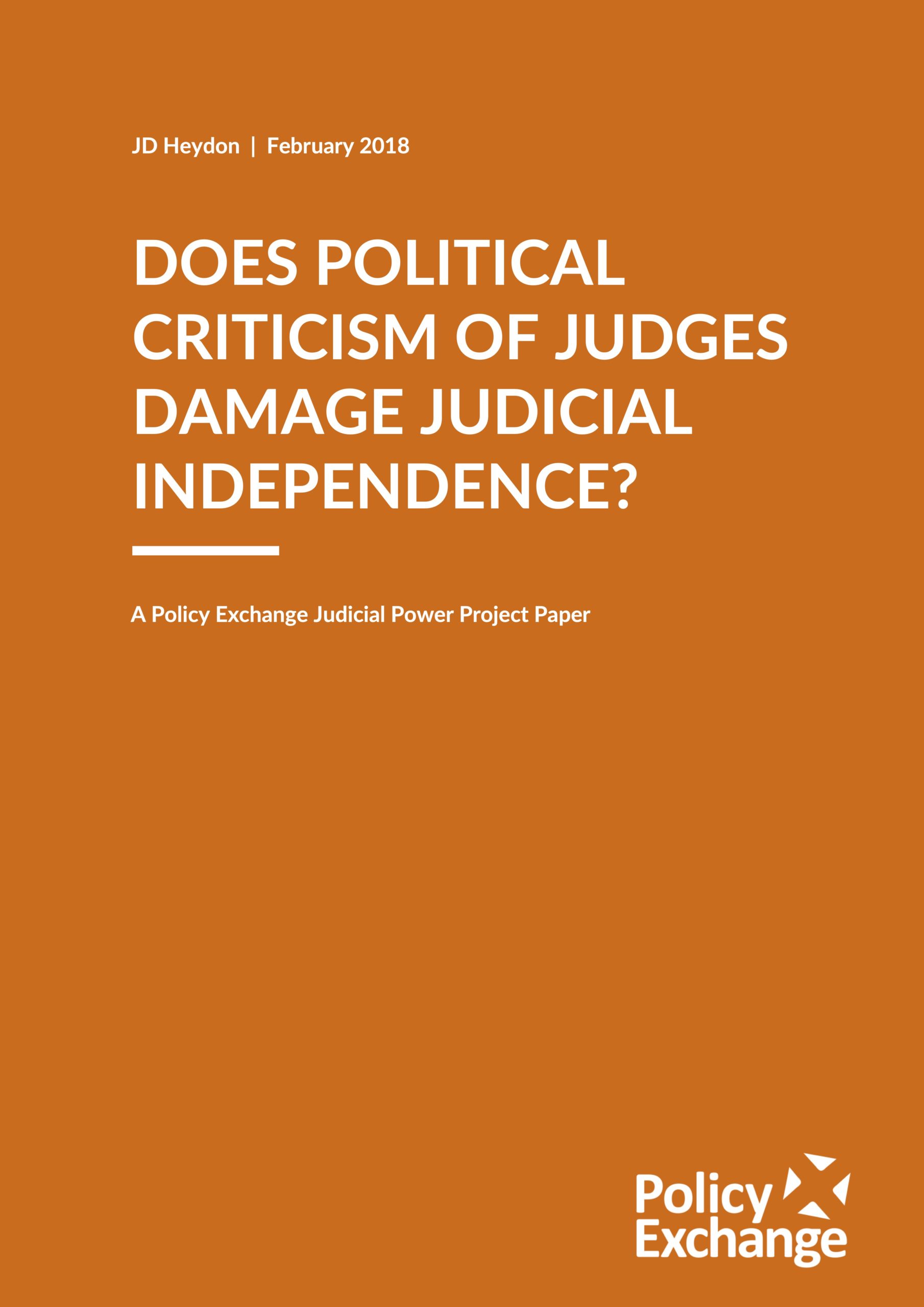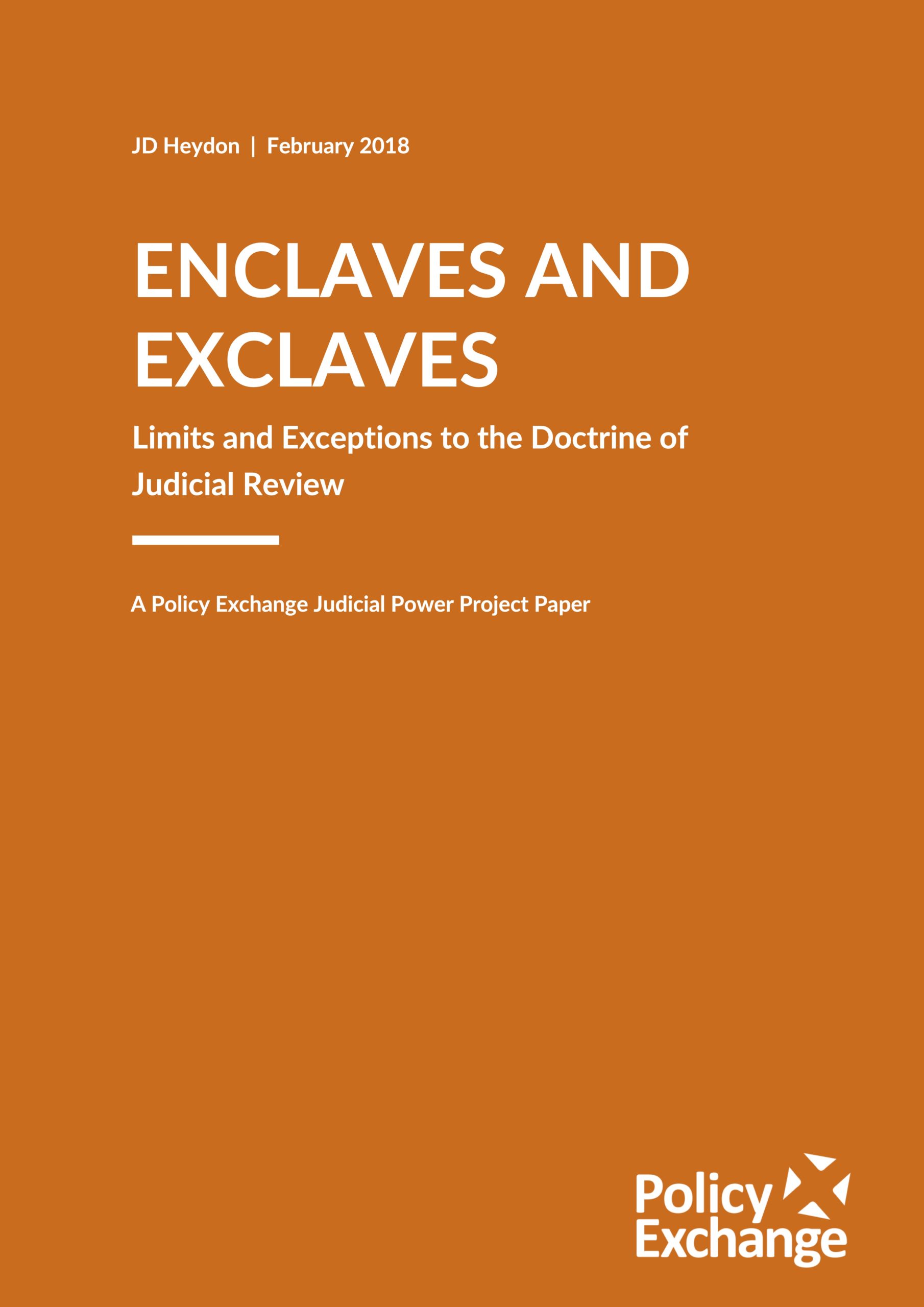Dyson Heydon
Dyson Heydon AC QC is a former Justice of the High Court of Australia and currently a visiting professor at the University of Oxford. A former Rhodes Scholar for New South Wales, he graduated as Master of Arts and Bachelor of Civil Law from Oxford University. He has published a number of legal texts, including his first book, The Restraint of Trade Doctrine, in 1971. Justice Heydon was appointed a Companion in the General Division of the Order of Australia in 2004.



